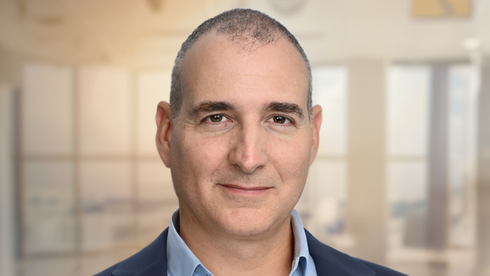The Dark Side of Saudi Arabia’s Neom Mega-Project: Allegations of Lethal Force and Human Rights Violations Raise Questions about the True Cost of Ambitious Development Plans
Recently, reports have emerged suggesting that the development of Saudi Arabia’s Neom megaproject is not all sunshine and rainbows. An exiled Saudi colonel, Col Rabih Alenezi, has revealed that the country authorized the use of lethal force to clear land for its futuristic Neom desert megacity. The area targeted for development was primarily occupied by the Huwaitat tribe, and local villagers who resisted eviction were met with deadly consequences.
In April 2020, Col Alenezi was ordered to clear the land for a part of the Neom project called The Line. The order sanctioned the use of lethal force against those who refused to leave their homes, labeling them as “rebels.” One villager, Abdul Rahim al-Huwaiti, was reportedly killed by Saudi authorities during the eviction process. While Saudi state security claimed al-Huwaiti had opened fire on security forces, human rights organizations have disputed this claim.
The Saudi government has stated that over 6,000 people have been relocated to make way for the Neom project. However, some human rights groups believe that the actual number of displaced individuals is much higher. Last year, three men protesting the Neom project were sentenced to death, leading to international criticism of Saudi Arabia’s approach to dissent.
Saudi Arabia has faced scrutiny for its handling of objections to the Neom project, with reports emerging of individuals being imprisoned for criticizing the development plans. In July, a Saudi woman, Fatima al-Shawarbi, was sentenced to 30 years in prison for speaking out against the forced eviction of villagers to make way for Neom. These incidents highlight the challenges and controversies surrounding Saudi Arabia’s ambitious Vision 2030 plans, raising concerns about human rights violations and suppressions of dissent within the country.
Despite these revelations and controversies surrounding its mega-project development plans in Neom desert region of Saudi Arabia are still going strong with high hopes from Saudis officials but many people are questioning whether it’s worth sacrificing their homes and lives for this ambitious vision or if it will lead only more violations and suppression in future?

